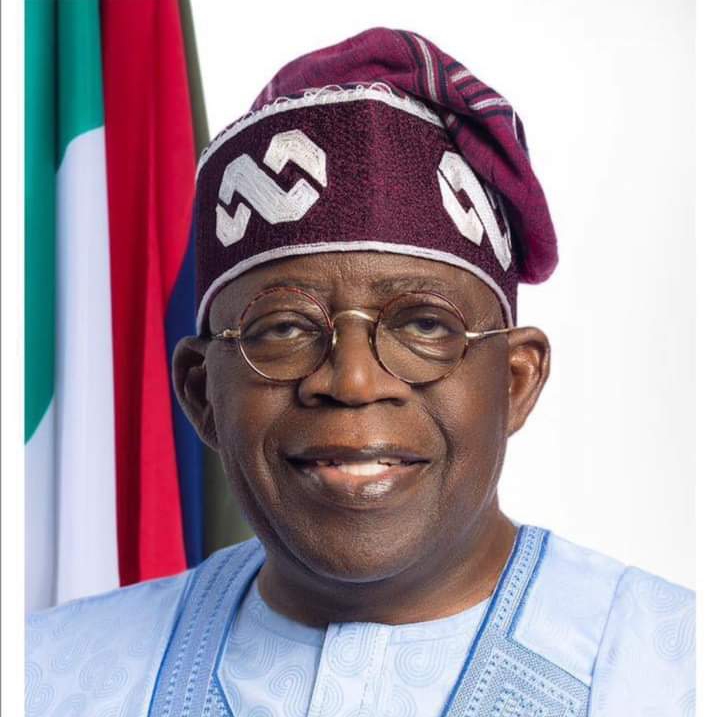Debate on Political Class in Nigeria
By Elempe Dele
In Nigeria, the populists, political opportunists and a large sector of the masses consider themselves as anti-political class. They portray themselves as outsiders – outside the political class that is morally and politically corrupt. However, in my lucid intervals, after the 2023 presidential election in the country, and recent political developments where the issue of one-party system is beginning to dig holes in our political spaces, in small groups, on television interviews…I am finding it difficult to accept there is really a political class in Nigeria at present.
In comparative political science, the concept of political class refers to the relatively small group of individuals that is highly aware and active in politics, and from whom the national leadership is largely drawn. This concept was developed by the Italian political theories, Gaetano Mosca. In his study, he examined the mechanisms of reproduction and renewal of the ruling class; the behaviour of politicians, and the different forms of organizational structures developed in retaining power. He opined that elected legislatures, for example, may become dominated by subject-matter specialists, aided by permanent staffs, who become a political class.
The concept of political class is not novel to us; it refers to a group of individuals who hold consequential political power and has remarkable influence within a political system, basically due to their professional involvement in politics, such as elected officials, party leaders and influential bureaucrats. Max Weber added from his observation that members of the political class make their careers “off politics.”
As currently being discussed in Nigeria, the political class, is a derogatory term vicariously being tossed limitlessly to denote all politicians in the country. I am not sure there are enough research materials to give vein to the fact that this class actually exist in a profound visible way, or whether it is just being used by the masses to express democratic inequalities between the masses and the politicians.
Of course, the gap between the governed and the governors seems to be widening, which gives the ill-feeling whether the routine ballot box gazing every four years is actually worth it. The population of the economically and politically disenchanted in Nigeria is huge – over a hundred million persons. This people are in solidarity by a common hatred against the popular concept of the political class – a concept that may be vague and collapse into the fanaticism of ‘we against them’.
I do not wholeheartedly accept the concept of ‘political class’ because of the ambiguity associated with the concept for the obvious reason there is no clear-cut delineation between who is in this class in politics and who is not.
First, political office holders are not basically selected from an elite group or class. As a democracy, people from all works of life contest for elections in Nigeria and winners take positions in government. These elections basically happen every four years yielding different politicians depending on their performance in office or the will of the electorates. Admittedly, there are those who rig their ways into office and those who stay in office more than one term, but this does not aspire to the concept of political class.
Secondly, as a keen watcher of our political development, I observed that a lot of newcomers were elected in the 2023 general elections, and a huge number came from the fringe party, Labour Party, LP. Those who were elected under this party were never members of the said political class, yet, they got elected and are in political positions holding sway for their constituents. Are we now to say that as soon as individuals are elected into office, they are automatically infused into the so called political class?
In my opinion, I think we have a political behaviour that is anachronistic. Although this will be an article for another day, suffice to say when we(all of us) are elected into office, our first protectionist attitude is self-interest. We effectively build ramparts and high walls against those who elected us. We discard the electoral gimmicks that we used to deceive the electorate and embrace the perks of our offices. In the 2023 elections, governors, Senators and House of Assembly members who were elected based on the ‘a New Nigeria is Possible’ mantra, dismissing the political culture of the ruling party, started decamping wilfully to the same ruling party they condemned during campaigns. So exactly where is the political class they campaigned against?
Elempe Dele wrote from Okpe, Akoko-Edo, Edo State.










